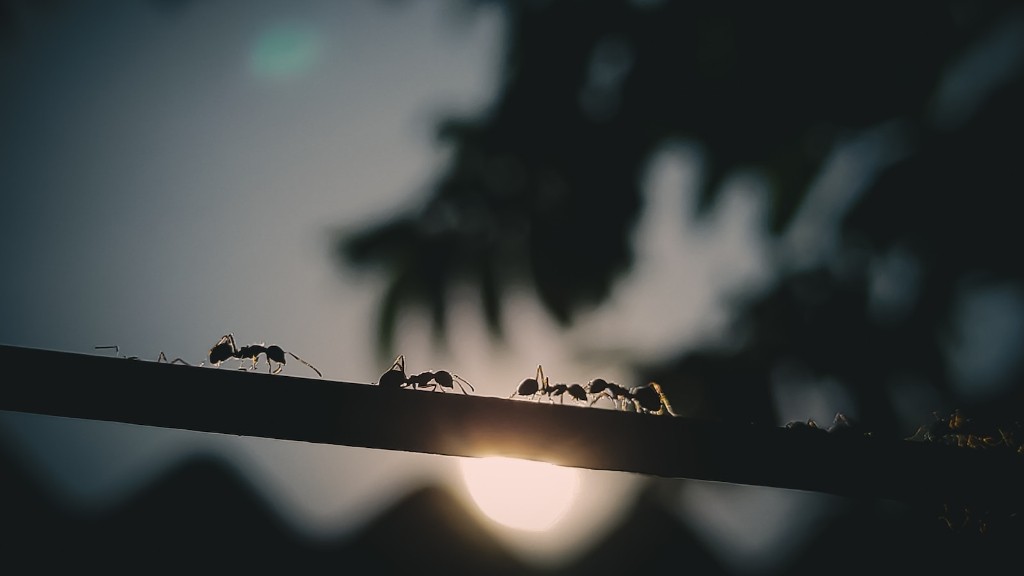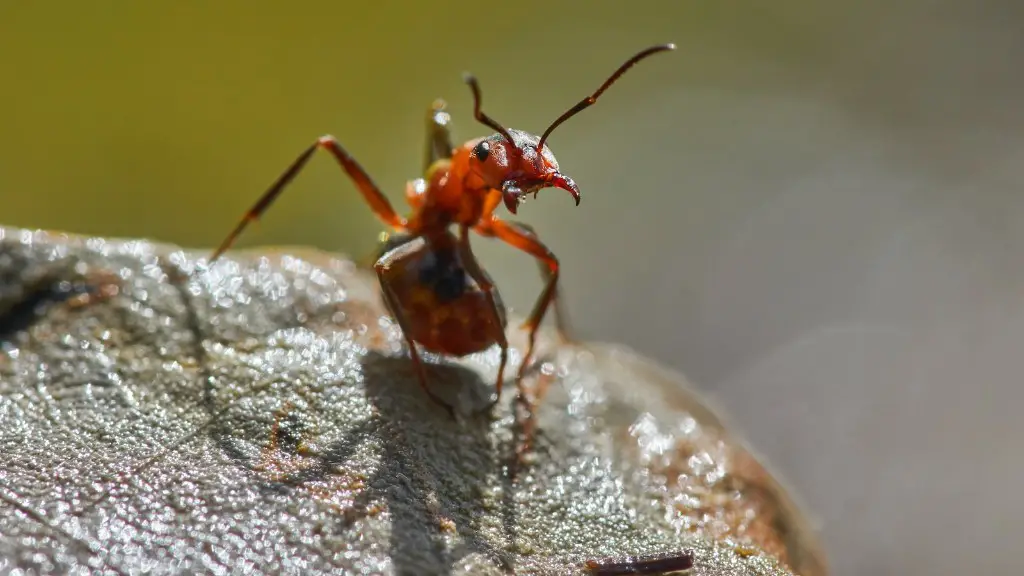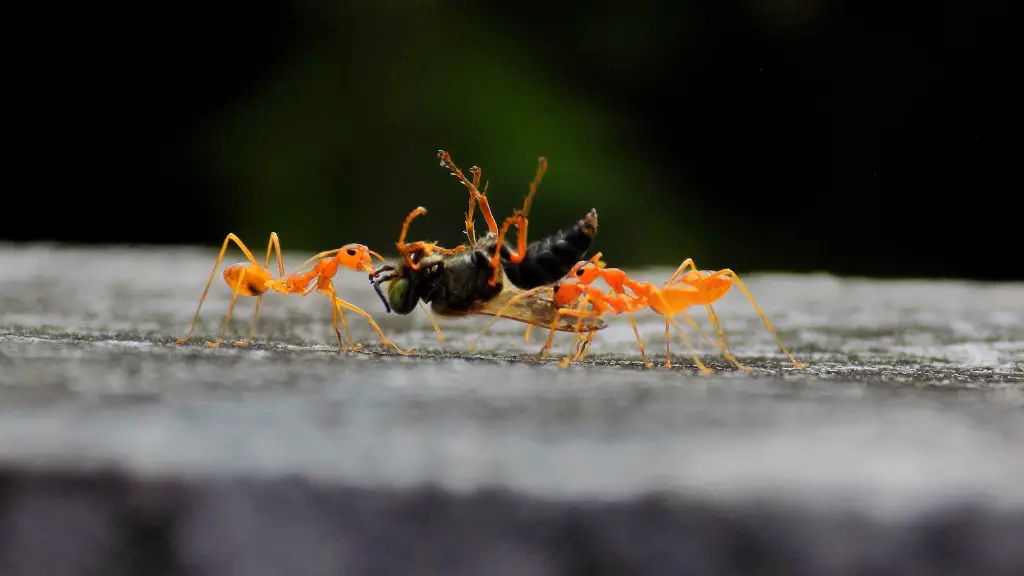What is Cypermethrin?
Cypermethrin is an insecticide belonging to the synthetic pyrethroid family. It is used to kill ants, fleas and ticks. It works by targeting the nervous system of the insects, which causes paralysis and eventually death. According to the World Health Organization, cypermethrin is highly toxic to mammals, especially cats and dogs. It is also regarded as a possible human carcinogen, though studies are still inconclusive.
How Does Cypermethrin Kill Ants?
Cypermethrin works by disrupting the nervous system of the ants, causing them to lose control of their muscles, leading to paralysis and eventual death. The chemical has a delayed death effect on the ants which means that they won’t die immediately after coming in contact with it. Instead, they will carry it back to their nests where the poison is spread more easily.
Is Cypermethrin Effective Against Ants?
In short, yes. Studies have shown that cypermethrin is highly effective against ants when used properly. It is able to penetrate deep into the ant colonies, killing off all the ants inside. However, it is also important to note that cypermethrin is an effective pesticide, but it is not a perfect solution. It is possible for ants to become resistant to it over time, so it should not be overused or relied on as a single solution for ant infestations.
How Should Cypermethrin be Used?
When using cypermethrin for ant control, it is important to adhere to the instructions on the label. Generally, it should be applied as a crack and crevice treatment, as well as a perimeter treatment around the property. It is also important to make sure that the chemical is applied evenly and thinly, as it is easy to overwater or apply too much of the product.
Are There Any Risks Associated with Using Cypermethrin?
Yes, there are some health risks associated with using cypermethrin. It is important to keep pets and children away from areas that have been treated with cypermethrin, as the chemical can be highly toxic when inhaled or ingested. Additionally, it is important to take proper safety precautions when handling and applying the product, such as wearing protective clothing, protective eyewear, and a respirator.
What Are Some Alternatives to Using Cypermethrin?
There are a number of alternatives to using cypermethrin for ant control. One popular option is using boric acid, which is a natural substance that can be used to kill ants without posing a risk to the environment or people. Non-chemical remedies such as diatomaceous earth and essential oils can also be used to control ant populations. These should be used before resorting to chemical treatments such as cypermethrin.
Are There Any Other Tips for Ant Control?
In addition to using insecticides, there are a few other tips that can help to keep ant populations under control. One of the most effective methods is to make sure that food sources are not left out in the open, as ants are attracted to sugary and fatty foods. Additionally, sealing off entry points and removing excess moisture from the home can help to prevent ant infestations.
Preventing Ant Infestations
The best way to prevent an infestation of ants is to remove any attractants in the home and property. Areas around the home should be kept clean and free of food debris, and sealed and stored food should be placed in airtight containers. Additionally, having regular pest control inspections by a professional can help to identify any potential problems before they become serious.
Controlling Ants After an Infestation
Once an infestation has occurred, there are several methods that can be used to control ants. Physical methods such as vacuuming and wiping up ants with a wet sponge can help to reduce the population. If there is an infestation of ant trails in the home, then insecticidal baits can be used to eliminate them. Finally, ant traps can be used to catch the ants before releasing them into the wild.
Conclusion
In summary, cypermethrin can be an effective pesticide for controlling and killing ants when used correctly. However, it is important to take proper safety precautions when handling and applying the product, such as wearing protective clothing, protective eyewear and a respirator. Additionally, there are several other methods that can be used to help control and prevent ant infestations, such as using non-chemical solutions, sealing entry points and removing excess moisture.


